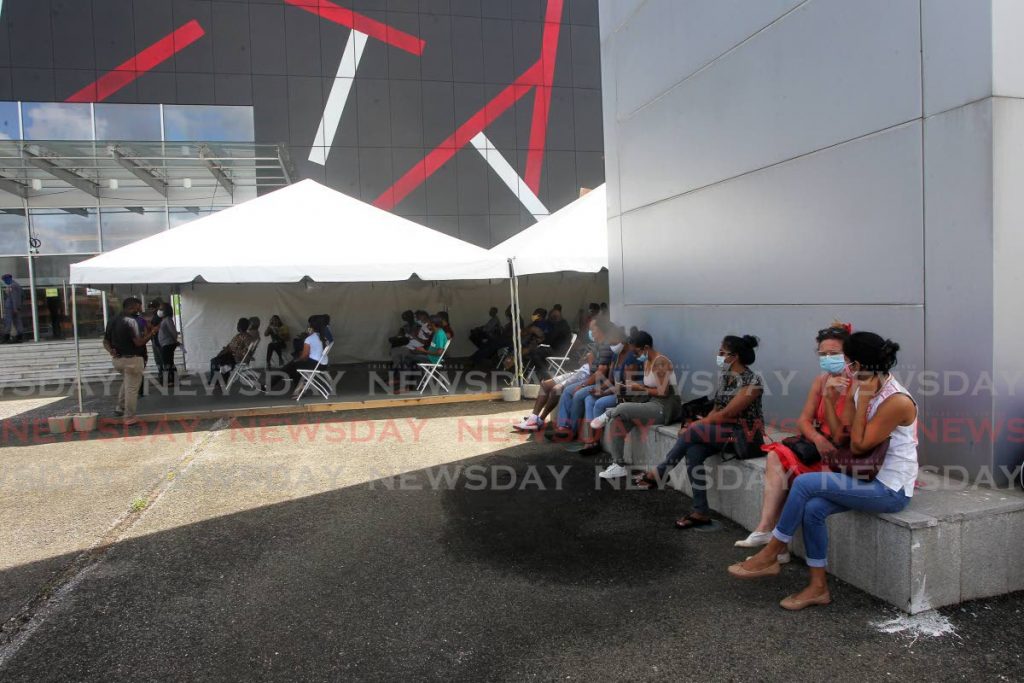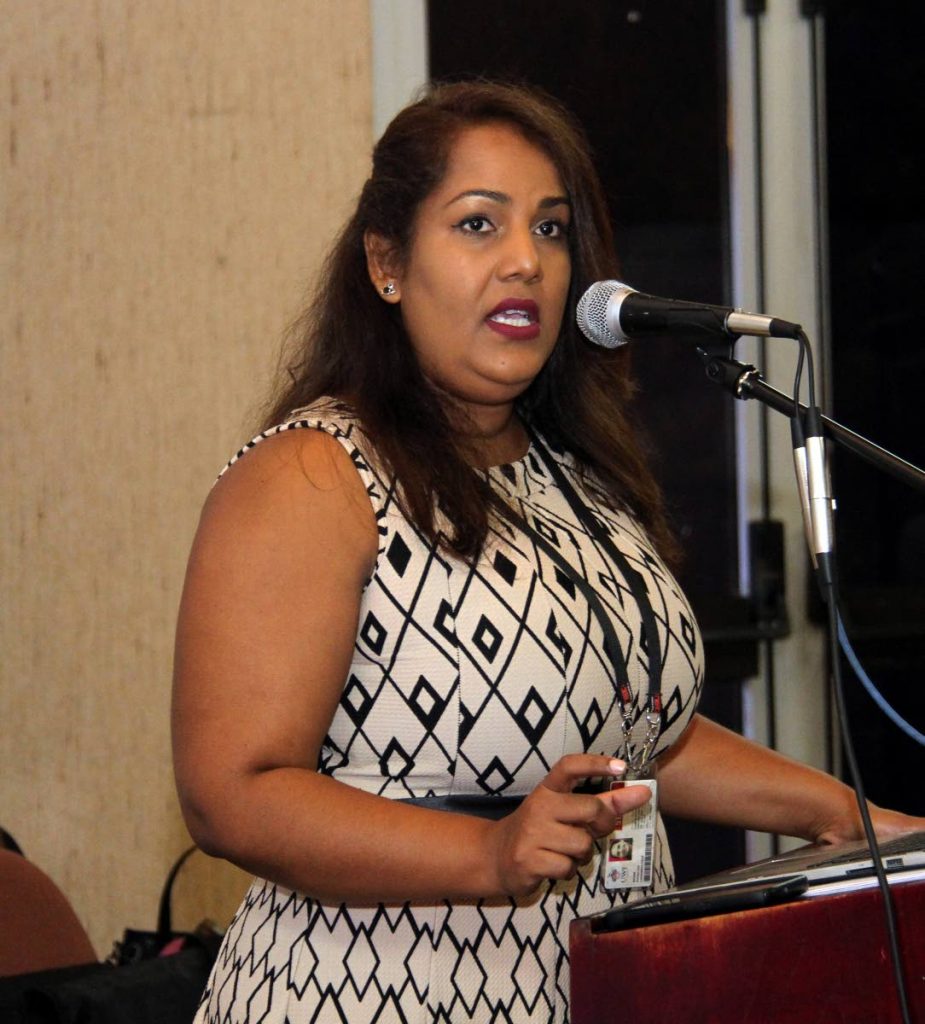Psychologist: Vaccine hesitancy reasons complex

Almost everyone in Trinidad and Tobago knows someone who has expressed hesitancy about or refused to take the covid19 vaccine.
Clinical psychologist Dr Katija Khan said vaccine hesitancy is a challenge that affects countries all over the world and people from all walks of life. The problem of vaccine hesitancy is so serious worldwide that the World Health Organisation (WHO) has listed it as one of the ten threats to global public health.
Khan said, “The reasons for vaccine hesitancy are complex and overlapping and can involve gender, religious, social-economic, scientific, political, and other factors.”
Some of the reasons expressed on social media for vaccine hesitancy, aided by anti-vaccine hysteria and misinformation, ranged from fear that it contained microchips and could alter DNA to distrust of the speed at which the vaccine was developed, distrust of the government, science, and medical institutions, especially in the US, religious reasons and concerns about adverse effects and side effects.
Khan said whenever a new technology or advancement comes out, such as the covid19 vaccine, people vary in their willingness to try the new technology.
“For example, we all may know someone who waited a long time before deciding to switch to a smart phone.
"Similarly, with the covid19 vaccine there are a range of responses. There are the innovators and early adopters who were the first to get the vaccine and needed little convincing.
"The majority comes next, where having seen the success of others taking the vaccine and hearing of how many others have taken it, they follow suit after efforts are made to appeal to them.
"Last are the laggards, those who are very sceptical and harder to convince, and who endorse higher levels of hesitancy and refusal. Even more appeals and positive peer pressure will be needed to help persuade them.”
Khan, who is a member of UWI's’ covid19 task force, said vaccine hesitancy can also be explained and addressed by what she called a 3Cs model – confidence, complacency, and convenience. She said many people have concerns about vaccine development, and lack confidence and trust in the safety and effectiveness of vaccines.
“Many scientists and experts, including those from our own regional UWI, have sought to calm these fears and dispel these myths through providing explanations that promote knowledge and awareness.
"For example, there is absolutely no truth to the conspiracy theory that any of the covid19 vaccines contain a microchip. As such, greater belief in the benefits and safety of the vaccine will lead to more willingness to take the vaccine.
"At the UWI we are currently conducting surveys on vaccine hesitancy and we look forward to sharing these findings and guidelines for solutions.”
She said hesitancy also depends on how much trust people have in the government and the system that is delivering the vaccine.
“A recent global survey showed that when people had higher levels of trust in information from government sources, there were higher vaccine acceptance rates.
"Communication channels and exposure to mass media and social media are also an issue. Negative stories of adverse side effects are likely to increase hesitancy, while hearing of people’s personal vaccination stories can promote confidence and vaccine uptake. While social media is a great tool to promote positive health behaviours like taking the vaccine, it is also a major source of conspiracy theories which increase vaccine hesitancy.”

Khan said people’s personalities also play a role in how they view taking the vaccine.
“Those who are more open to new experiences, as opposed to more conservative or less curious persons, are more likely to try a new vaccine.
"People may also be hesitant because they don’t perceive themselves to be at risk or they’re influenced by other people’s doubts or opinions telling them the vaccine is not necessary or needed.
"The resulting complacency or the ‘wait and see’ approach is risky and misplaced.”
Khan said mass vaccination is necessary to combat the pandemic.
“As such, the social factor – encouragement from friends, influential persons and professionals – is important to let people know how important it is to take the vaccine when it is offered.
"Convenience, which relates to how accessible and available the vaccine is, the set-up at vaccine centres, the wait time and perceived quality of the service, are also important in combatting hesitancy.”
Speaking at the Health Ministry’s media conference on May 26, epidemiologist Dr Avery Hinds said the ministry was seeing increasing levels of understanding among the population of the importance of getting the vaccine .
“We’re seeing conversations where people have been asking, talking to others in their circles about what has been said in these conferences and in other domains, and the conversations are trending in the direction of getting a wider understanding of the need for adherence to the protocols and the need for acceptance of the vaccines.
“We’re seeing very vigorous demand for vaccines, people wanting to get the vaccines. People are clamouring for appointments. And we have not seen any significant levels of people not accepting the vaccine when offered.
"We are quite heartened and we want to continue to encourage the population to continue to demonstrate that level of vaccine interest, acceptance and excitement that has been demonstrated so far.”

Comments
"Psychologist: Vaccine hesitancy reasons complex"